Japan Discovery Zen words is The best word “日々是好日 Hibi kore kōjitsu”
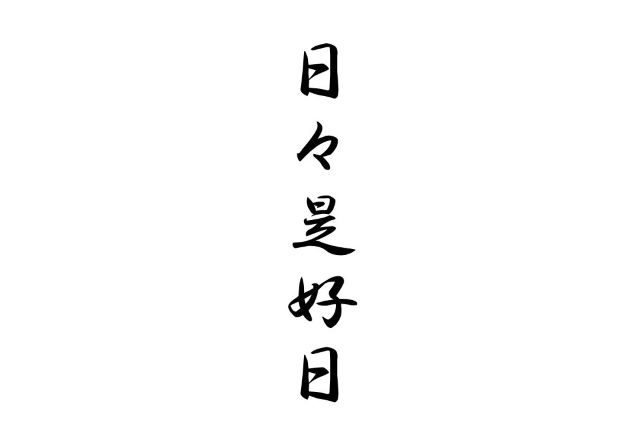
Zen is hard. And Zen words? Even harder.
So I go ahead and make up my own meanings—and I like them just fine.I like to think that Master Huineng, Dōgen, Ikkyū, and Ryōkan would nod gently and say, “That’s fine. That’s fine. Let it be, my friend.”
“Today’s Zen word is “日々是好日 Hibikorekōjitsu" It means " Depending on your attitude, every day can be a good day"
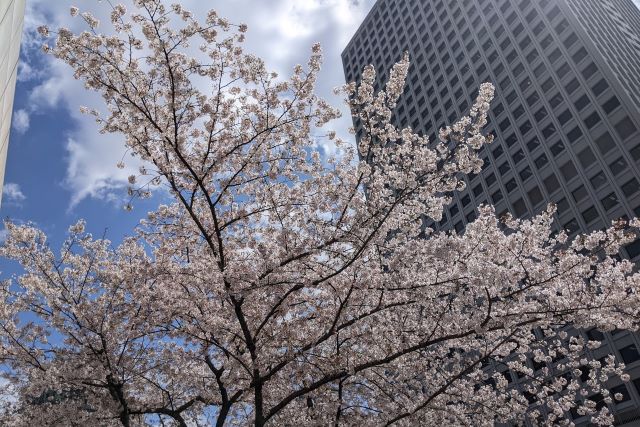
The high priest Yunmon asks, “Tell me one sentence about what will happen in the future."
There’s a story about the Zen master Yunmon.
He once posed a question to his students:
“I’m not asking about the past,” he said.
“But what about the future? Say one thing about it.”
The room went still. No one dared to speak.
So Yunmon answered for them:
“Every day is a good day.”
The students stirred, unsure of what to make of it.
The future? Who can possibly know what it holds?
Misfortune might be just around the corner.
Heartbreak could come tomorrow.
Even today, out in the world, people are struggling.
In stories and on screen, heroes are always suffering.
Even the soldiers in Kingdom fall like ants.
So how could the master say with such certainty that every day is a good one?
The students didn’t understand.
And maybe they weren’t meant to—yet.
Yunmon simply smiled at their puzzled faces.
He saw the world through a different lens.
The truth is: Some days are sunny. Some are not.
You can’t change the weather, even if you know it’s coming.
What you can change is how you meet it.
And that, Yunmon was trying to teach.

Every day is a good day.
Most people prefer sunshine.
But not everyone.
Take Father Brown, the fictional priest-detective from the old mysteries.
He loved the rain.
Rain on blooming hydrangeas, rain falling through winter branches—it was all beautiful to him.
He even liked the wind—how it plays with the green leaves of spring, or brushes across autumn fields.
Whether it’s rain or wind, it’s all about your attitude.
What you choose to enjoy.
And life? Life is the same.
When things go well, enjoy them.
When life turns against you, accept it.
Have the courage to face tomorrow, no matter what it brings.
That attitude makes tomorrow a good day.
Don’t worry too much about what’s ahead.
Don’t regret the past.
Live this moment well, and tomorrow will take care of itself.
Zen teaches this:
Enjoy the good without guilt.
When joy is absent, find peace in its absence.
Even a difficult day can be a good day if you see it that way.
When sorrow and pain come, welcome them as part of the whole.
Everyone thinks that’s impossible.
But strangely, thinking this way makes the heart feel lighter.
Every day is a good day.
Even this one.
Especially this one.
Thinking like this makes our hearts feel lighter.

禅語は最高 「日々是れ好日」 心の持ち方しだいで好日になる
禅は難しい。禅語も難しい。だから勝手に解釈して使っている。それで良いと思っている。案外、慧能禅師も道元禅師も、一休さんも良寛さんも「それで良い、それで良いんじゃよ、Let it be じゃ」と言ってくれそうだ。今日は、「日日是好日」である。
高僧雲門が問う「これから先のことを一句言ってみよ」
唐代の高僧、雲門は雲門宗の開祖である。あるとき彼が弟子の修行僧たちに言った。
「これまでのことは訊かない。これから先のことを一句言ってみよ」
弟子たちは緊張した。誰も答えない。
雲門は自ら言った。「日日是好日」
僧たちはざわめいた。明日のことなど誰にもわからない。まして遠い未来はもっと分からない。それなのに、師匠は、この先の日はすべて好い日であると言い切る。どしてそう言えるのだろうか。
弟子たちは分からなかった。
弟子たちは思う。現実の社会は辛いことばかりだ。映画や小説の主人公はいつも苦しんでいる。キングダムの兵隊は蟻みたいに死んでいく。明日には自分に不幸が降りかかるかもしれない。大切な人との別れが来るかもしれない。それでも師匠は未来は好日ばかりだと言いきる。
雲門はざわめく弟子たちを見て微笑んでいる。彼の視点は弟子と違った。
世の中は晴れの日があれば雨の日もある。人は明日の天気が分かっても天気は変えられない。受け入れることしかできない。雲門は弟子に何事も受け入れる心の大切さを教えた。
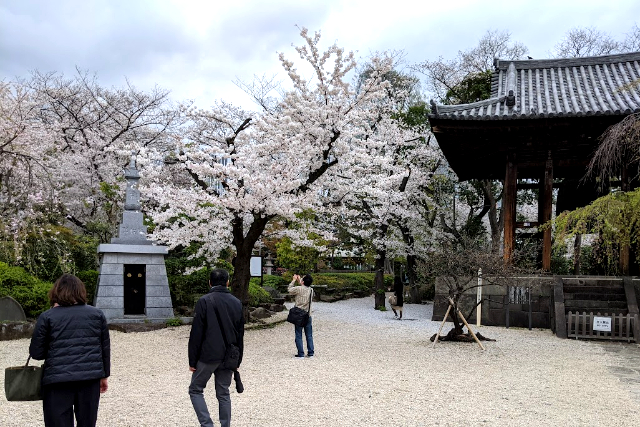
日々是好日
雨より晴れが好きな人は多い。だがディーン神父のように雨が大好きな人もいる。ディーン神父は米国の推理小説の名探偵である。彼は、紫陽花を濡らす驟雨も葉が落ちた冬の林に降る雨も美しいと感じる。彼は雨だけでなく風の強い日も楽しむ。新緑の木々を揺らす風も、秋の草原を渡る風も気持ち良い。雨や風が楽しいと思えるのは心の持ち方次第だ。
人生も同じである。順風満帆のときはそれを楽しむ。反対に逆境になってもそれを受け入れる。明日、どのようなことがあってもあるがままに受け入れる。その覚悟を持つことが大切だ。覚悟を持てば明日は好日になる。未来を心配しすぎたり、過去をいつまでも後悔してはいけない。今を懸命に生きれば明日は好日になる。
禅は、楽しいことは素直に楽しみ、楽しみが無いなら無いことを楽しめという。逆境の日でも好日と思えば良い日にる。悲しみや苦しみをあるがままに受け入れる心を持てば毎日が好日になる。そんな事は無理だ、と誰もが思う。だが、そんな風に思うほうが心は軽くなる。
大丈夫! 雲の向こうは、いつも青空。 365日を「日々是好日」にする禅のこころ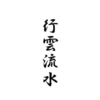


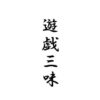
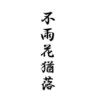
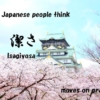
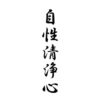
ディスカッション
コメント一覧
まだ、コメントがありません